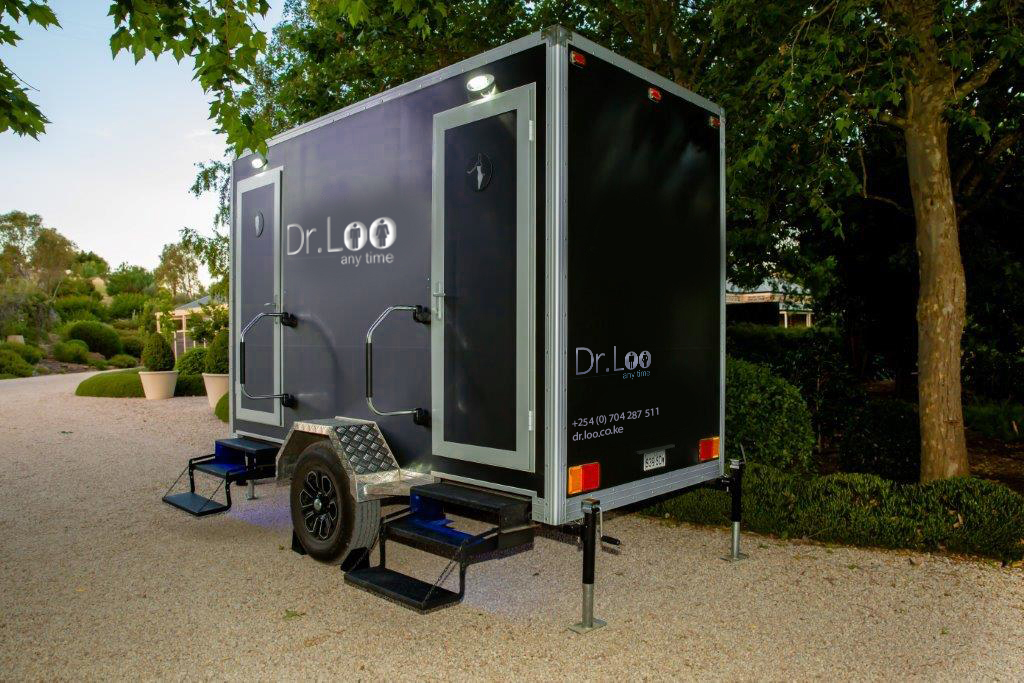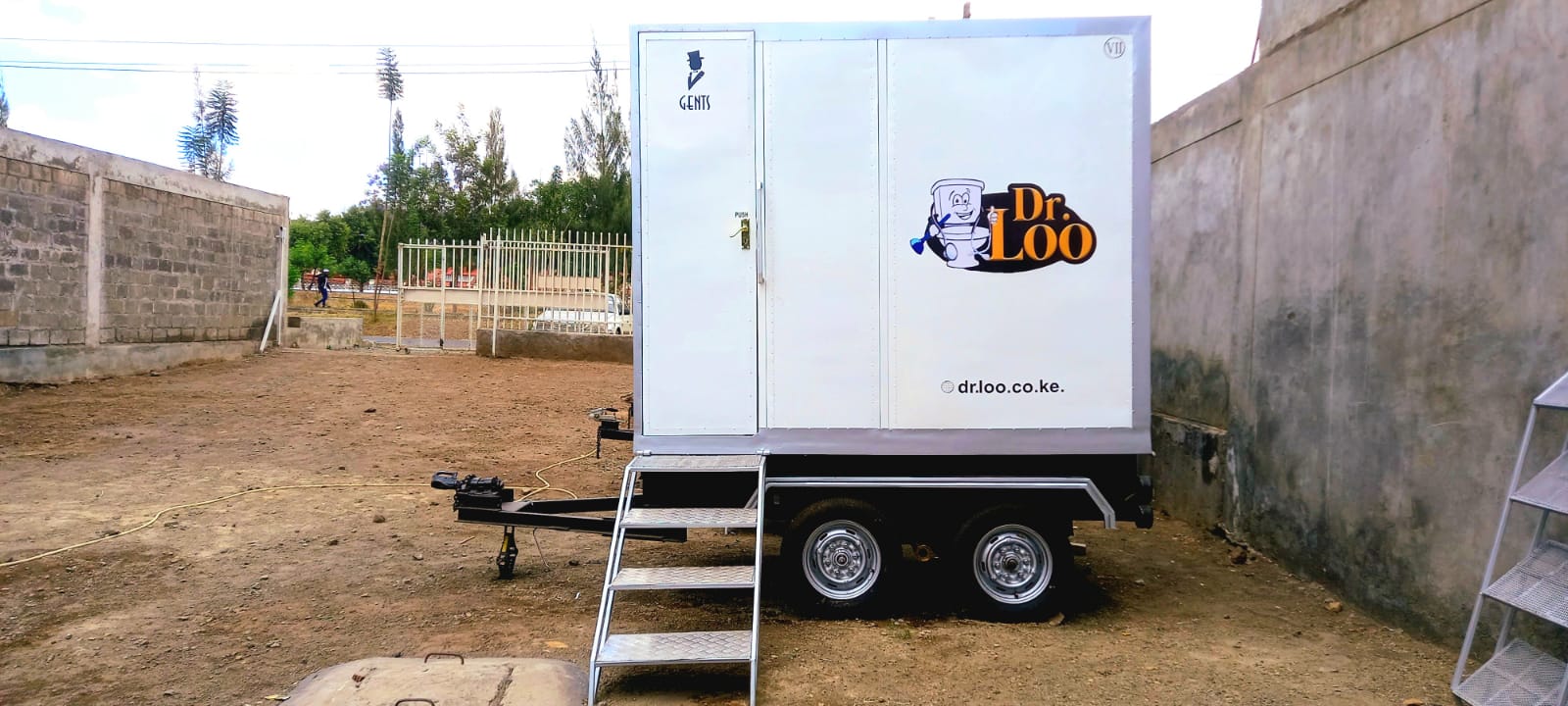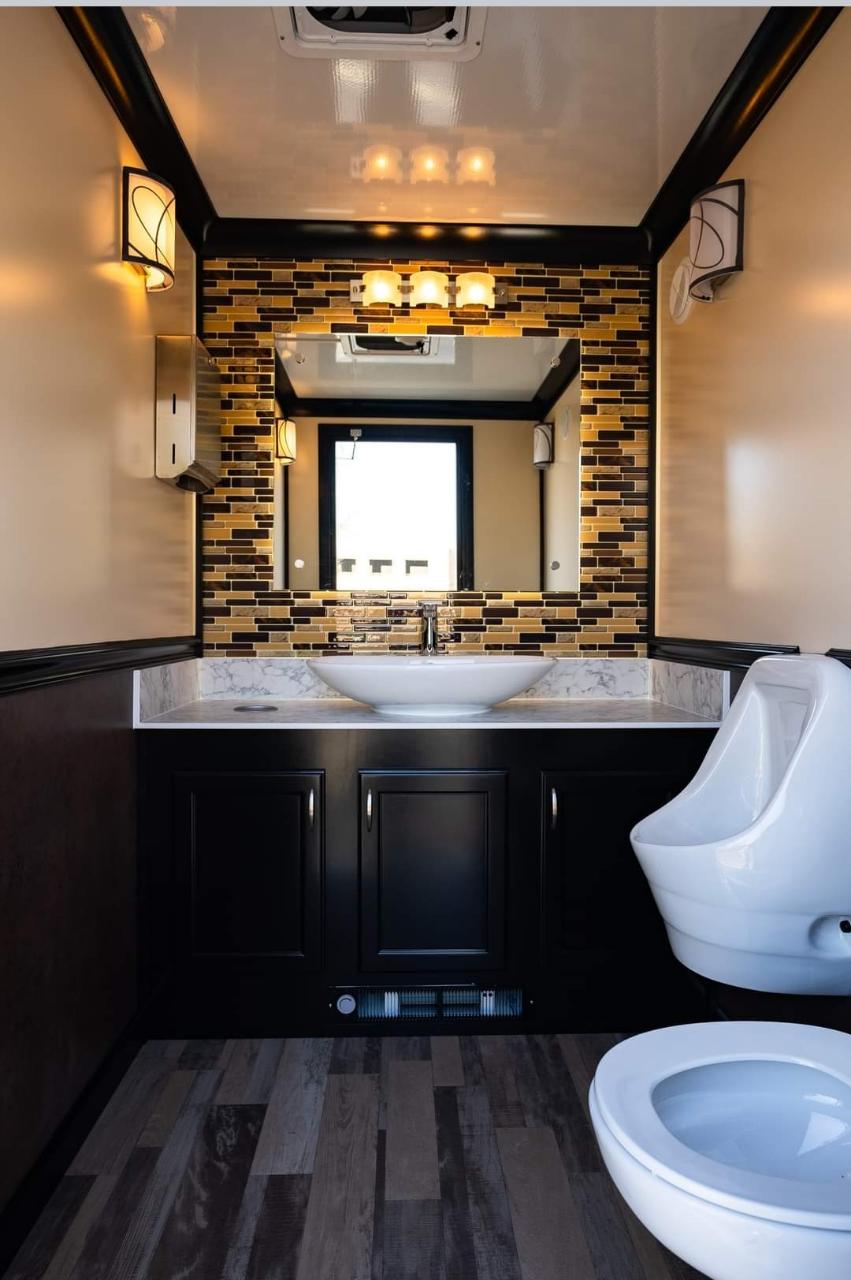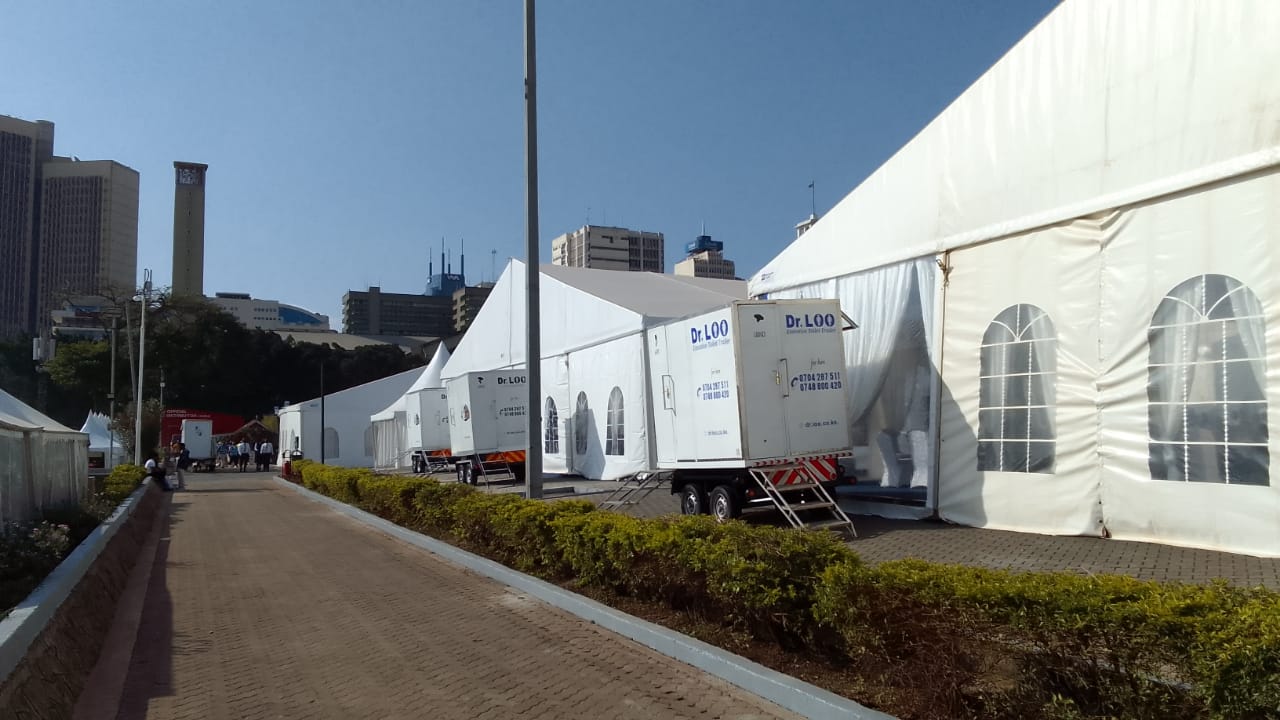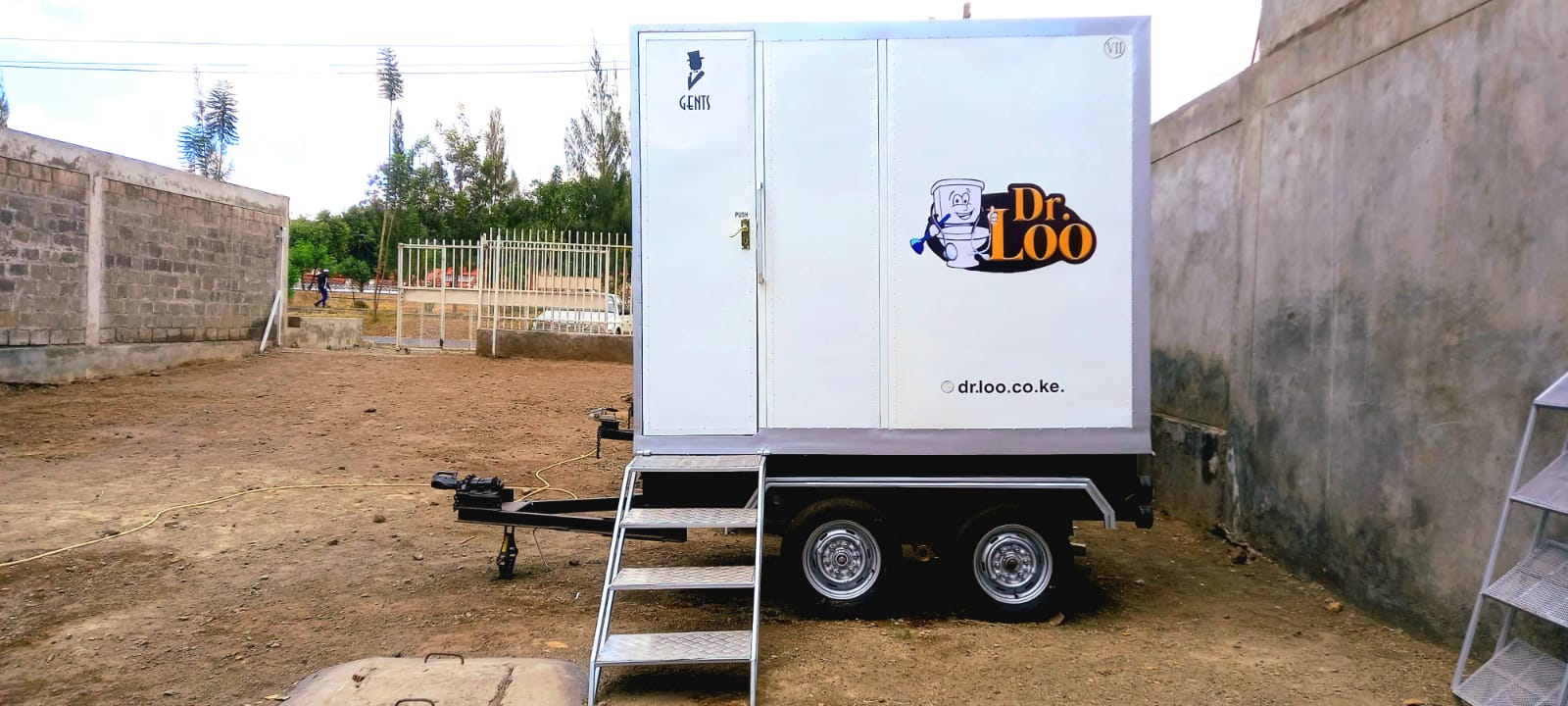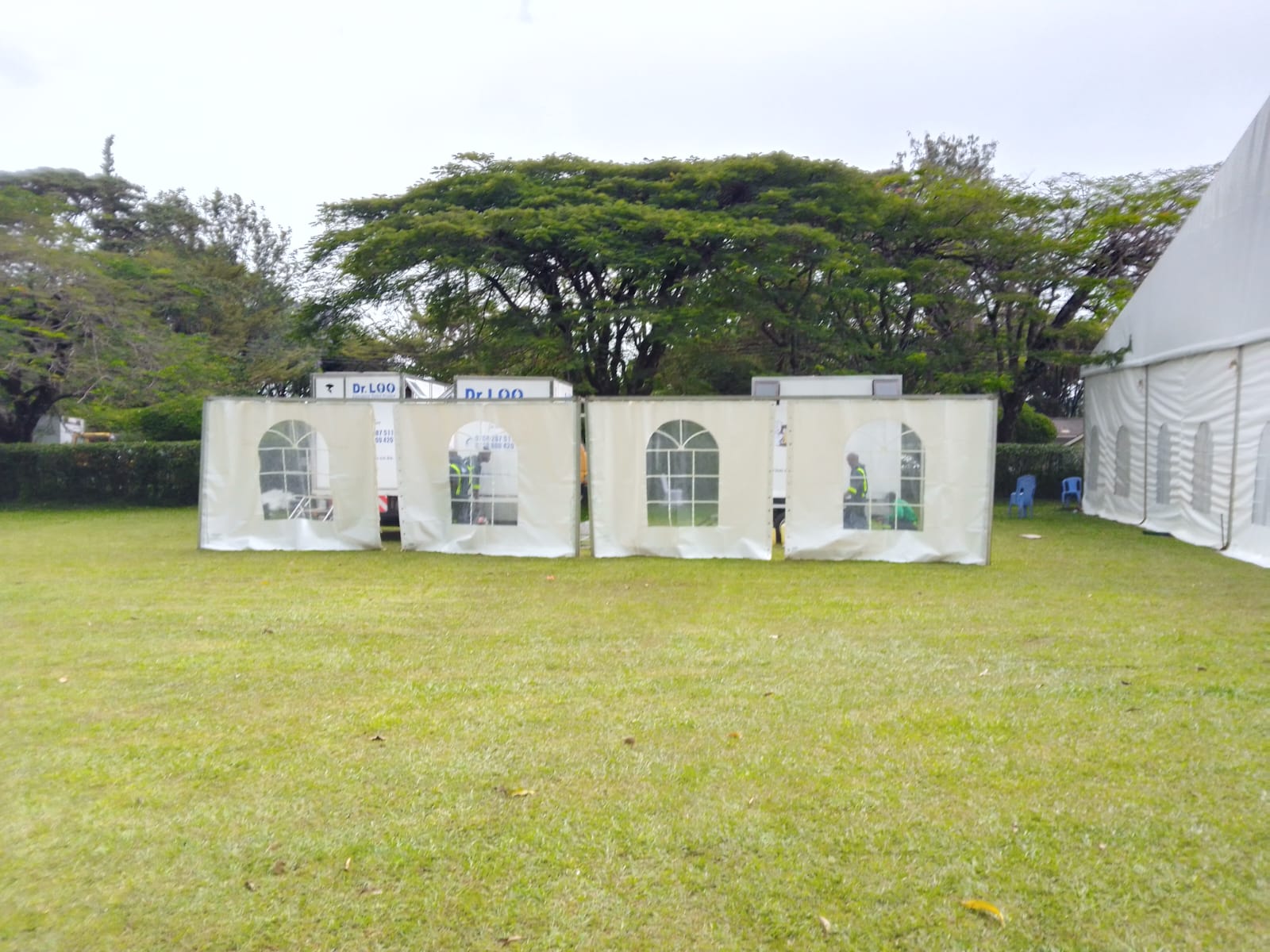Mobile Toilet Winterization and Cold Weather Considerations: Ensuring Functionality in Chilly Climates
Mobile toilets are essential year-round, and in cold weather, ensuring they remain functional and comfortable is crucial. Here are some considerations for winterizing mobile toilets and addressing cold weather challenges:
- Insulation: Consider using insulated mobile toilet units to help maintain a comfortable interior temperature.
- Heaters: Portable heaters can be used to keep the unit warm during colder months, making it more pleasant for users.
- Anti-Freeze Products: Use anti-freeze products in the waste tanks to prevent freezing and damage.
- Skirting or Enclosures: Provide skirting or enclosures around the mobile toilets to shield them from cold winds and maintain a more comfortable interior.
- Snow Removal: Keep pathways to the units clear of snow and ice to ensure safe access.
- Routine Servicing: Maintain a regular servicing schedule even during the winter to prevent waste tanks from becoming too full.
- Slip-Resistant Flooring: Ensure that the interior of the mobile toilets has slip-resistant flooring to prevent accidents due to wet and icy conditions.
- Hand Hygiene: Provide extra supplies of hand sanitizers, as frequent handwashing may be uncomfortable in very cold weather.
Dr. Loo offers winterized mobile toilets that are specially designed to handle cold weather conditions. They ensure that users have a comfortable and functional restroom experience even in chilly climates.
Contact Dr. Loo Today:
By addressing winterization and cold weather challenges, you can provide mobile toilets that remain fully functional and comfortable for users, no matter the season.

